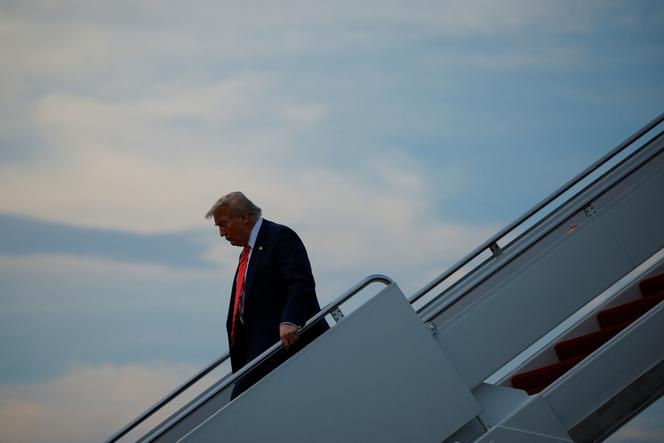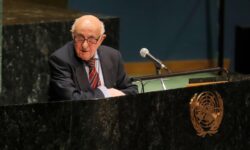

Donald Trump views the United States’s brief war against Iran as an enchanted interlude. The American president refuses to hear any nuance or pessimistic reflection. Simply put, the mission was accomplished, the bomber pilots are to be celebrated, and critical media coverage swiftly condemned. The June 21 bombings of three nuclear sites were quickly followed by a telegraphed and harmless response from Tehran, and then a ceasefire. But concerning the future, uncertainty reigns. Trump spoke of an imminent bilateral meeting with Iran, about which nothing is known; he is betting on the survival instinct of the theocratic regime, hoping that, under military and diplomatic pressure, Iran will give up all uranium enrichment in exchange for a unique opportunity for economic development and a tightly regulated civilian nuclear program. “They’re exhausted,” the president said on June 27. “The last thing they’re thinking about right now is nuclear. You know what they’re thinking about? They’re thinking about tomorrow, trying to live in such a mess.”
Ever since his first term, Trump has consistently maintained a sincere yet self-interested commitment to a reconfigured Middle East. His vision turns its back on religious and political quarrels and on endless wars, instead flourishing through trade, energy exploitation and real estate projects. This approach requires closing the bloodstained chapter of the cycles of violence following October 7 in the region, starting with Gaza. And while this approach pays little heed to history or the suffering of peoples, it at least demands a minimal consideration of the Palestinian question. It then requires a normalization agreement between Saudi Arabia and Israel. This is the keystone of everything, according to the US president, and in particular of his much-desired Nobel Peace Prize.
You have 76.48% of this article left to read. The rest is for subscribers only.








